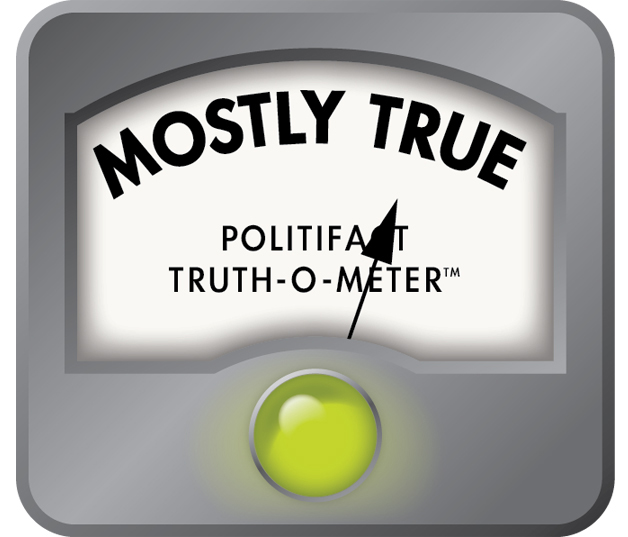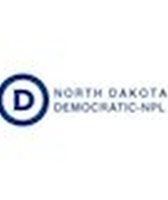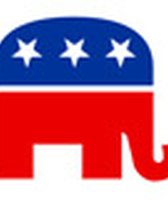Stand up for the facts!
Our only agenda is to publish the truth so you can be an informed participant in democracy.
We need your help.
I would like to contribute
Is the NFL getting 'massive tax breaks,' as Donald Trump said?
President Donald Trump continued his challenge of the National Football League in a tweet, this time to push tax reform.
"Why is the NFL getting massive tax breaks while at the same time disrespecting our Anthem, Flag and Country? Change tax law!" Trump tweeted.
What tax breaks is the NFL receiving, and what tax law is Trump referring to? There are ways that Trump’s tweet is both right and wrong. But the bottom line is that the NFL continues to benefit from major tax breaks, especially in the construction of its stadiums.
The White House first directed us to a press release by Rep. Matt Gaetz, R-Fla., who is re-introducing legislation to end professional sports leagues’ tax exempt status.
"The NFL League Office has received a special tax carve-out since 1966, when the tax code first listed ‘professional football leagues’ as trade organizations," the statement read. "Though individual teams are not tax-exempt, the NFL League Office is."
It’s true that in order to allow the NFL and AFL to merge in 1966, legislative maneuverings grouped professional football leagues with trade associations under Section 501(c)(6) of the Internal Revenue Code, thus exempting them from paying taxes as not-for-profit organizations.
However, amid public criticism, the NFL decided to drop the not-for-profit status in 2015 and file regular taxes.
"The owners have decided to eliminate the distraction associated with misunderstanding of the league office’s status, so the league office will in the future file returns as a taxable entity," Robert McNair, the chairman of the league’s finance committee, said in an April 2015 statement.
The tax exemption was only applicable to the league’s administrative office anyway, rather than the 32 individual teams, or even the subsidiaries that control the NFL’s licensing, sponsorships, marketing, publicity, promotion, broadcast, merchandise and distribution.
So tax law could be changed to repeal an exemption that is no longer being used by the NFL. It is, however, still in use by other sports leagues, like the NHL, PGA Tour and LPGA.
Press Secretary Sarah Huckabee Sanders didn’t provide any details on the tax reform Trump was calling for in a press conference, though she did acknowledge the change in the NFL’s tax status, and pointed to another tax issue affecting the NFL.
"While the NFL may have given up its tax-exempt status a few years ago, it's been well-documented that billions of taxpayer dollars continue to subsidize the construction and renovation of professional sports stadiums," Sanders said. "If this industry is going to use money from American taxpayers to build the very fields they play on, is it really too much to ask that they show respect for the American flag at the beginning of the game?"
The experts we spoke with disagreed on whether to call it a subsidy, as the federal government isn’t pumping money to team owners to build stadiums. Rather, it’s not taxing the bonds issued by local governments to help build stadiums. While it might not be a subsidy, the experts agreed that it still qualified as a tax break.
Cities want to have stadiums in their backyard (though the economic results aren’t too convincing), so they issue bonds to help pay for them. And thanks to the 1986 tax code reform, if a municipality finances over 90 percent of a stadium, those bonds enjoy the same tax exemption as would a public project like a road or bridge.
Brookings Institution took a closer look at these numbers in a 2016 study and estimated that over a 15-year period since 2000, the federal government lost a potential tax revenue of $1.11 billion on bonds issued by local governments to finance NFL stadiums.
Major League Baseball stadiums benefitted more, though, resulting in a loss of $1.41 billion. Combining football, baseball, basketball and hockey stadiums, the federal government lost $3.2 billion over the 15-year period.
"That’s a drop in the bucket for how much our federal budget over 15 years is," said Ted Gayer, vice president and director of the Economic Studies program at Brookings who led the study. "But we think it’s an egregious misuse of federal dollars."
The researchers found that sports stadium financing is costing the federal government only 25 percent, on average, of what it’s costing the local governments who are issuing the bonds, but Trump was referring to the federal tax break.
Assessing Obama’s 2016 budget, which tried to repeal tax-exempt bond financing of professional sports facilities, the Office of Management and Budget estimated it would save $542 million on all sports stadiums (not just the NFL) between 2016 and 2025; but Congress didn’t approve the change.
Two bipartisan bills addressing the issue have also been introduced in the House and Senate.
Our ruling
Trump said the NFL is "getting massive tax breaks."
Since 2015, the NFL hasn’t benefitted from a not-for-profit tax break enjoyed by many professional sports league offices. However, it does enjoy tax exemptions on municipal bonds used to build stadiums. Other sports leagues also benefit from this tax code loophole, sometimes to a greater extent.
We rate this statement Mostly True.
Our Sources
Donald J Trump, Tweet, Oct. 10, 2017
Email interview with Steven Cheung, White House spokesman, Oct. 10, 2017
Phone interview with Ted Gayer, vice president and director of the Economic Studies program at the Brookings Institution, Oct. 10, 2017
Phone interview with Austin Drukker, senior research assistant at Brookings, Oct. 11, 2017
Brookings, Tax-exempt municipal bonds and the financing of professional sports stadium, Sept. 2016
Brookings, Why the federal government should stop spending billions on private sports stadiums, Sept. 8, 2016
Office of Management and Budget, Fiscal year 2016 budget, Feb. 2, 2015
SAGE Journals, The Real Cost of Public Funding for Major League Sports Facilities, May 1, 2015
Econ Journal Watch, Do Economists Reach a Conclusion on Subsidies for Sports Franchises, Stadiums, and Mega-Events?, Sept. 2008
New York Times, After Much Criticism, N.F.L.’s League Office Drops Tax-Exempt Status, April 28, 2015
Phone interview with Irwin Raij, lawyer specializing in sports stadiums, Oct. 11, 2017
Email interview with Michael McCann, director of the sports and entertainment law institute at University of New Hampshire, Oct. 10, 2017
Email interview with Andrew Delaney, a sports law expert with Martin & Associates, Oct. 11, 2017
Browse the Truth-O-Meter
More by Manuela Tobias
Is the NFL getting 'massive tax breaks,' as Donald Trump said?
Support independent fact-checking.
Become a member!
In a world of wild talk and fake news, help us stand up for the facts.






 PolitiFact Rating:
PolitiFact Rating: 











































